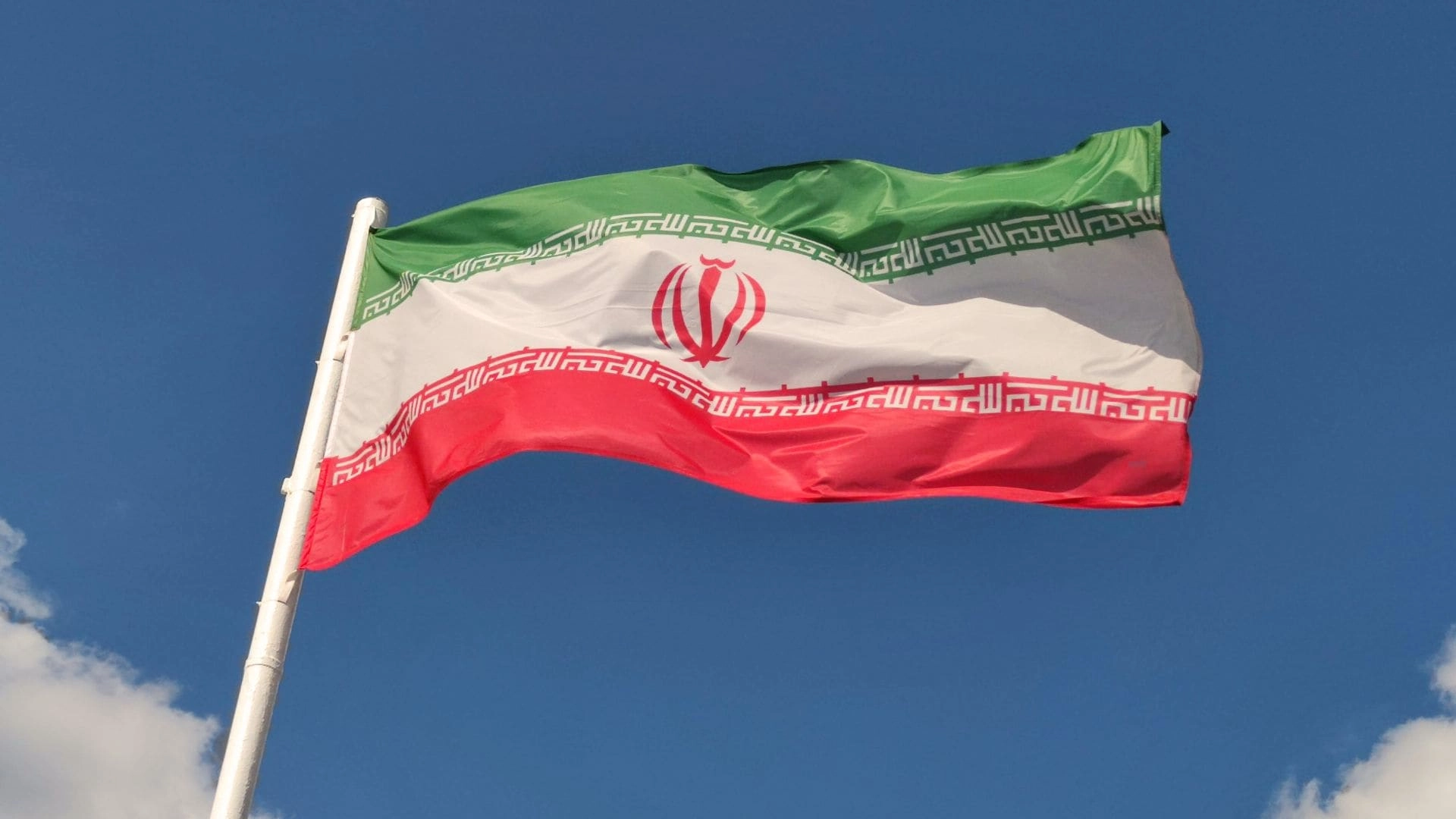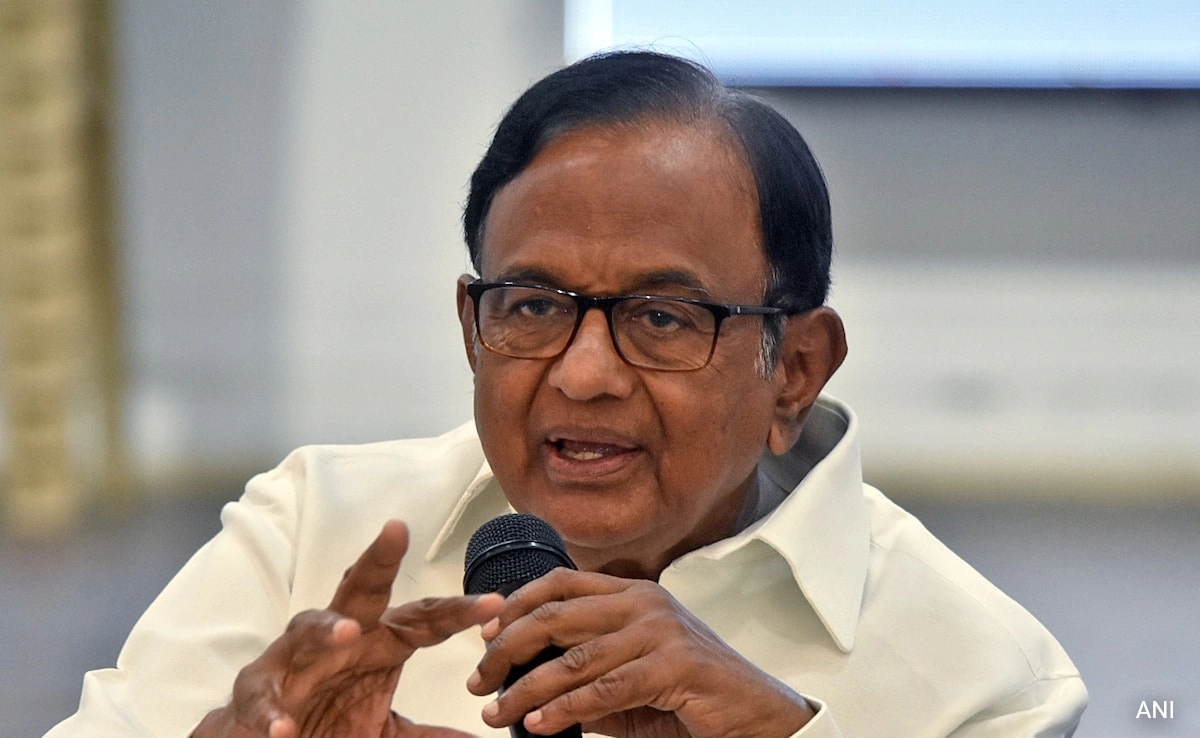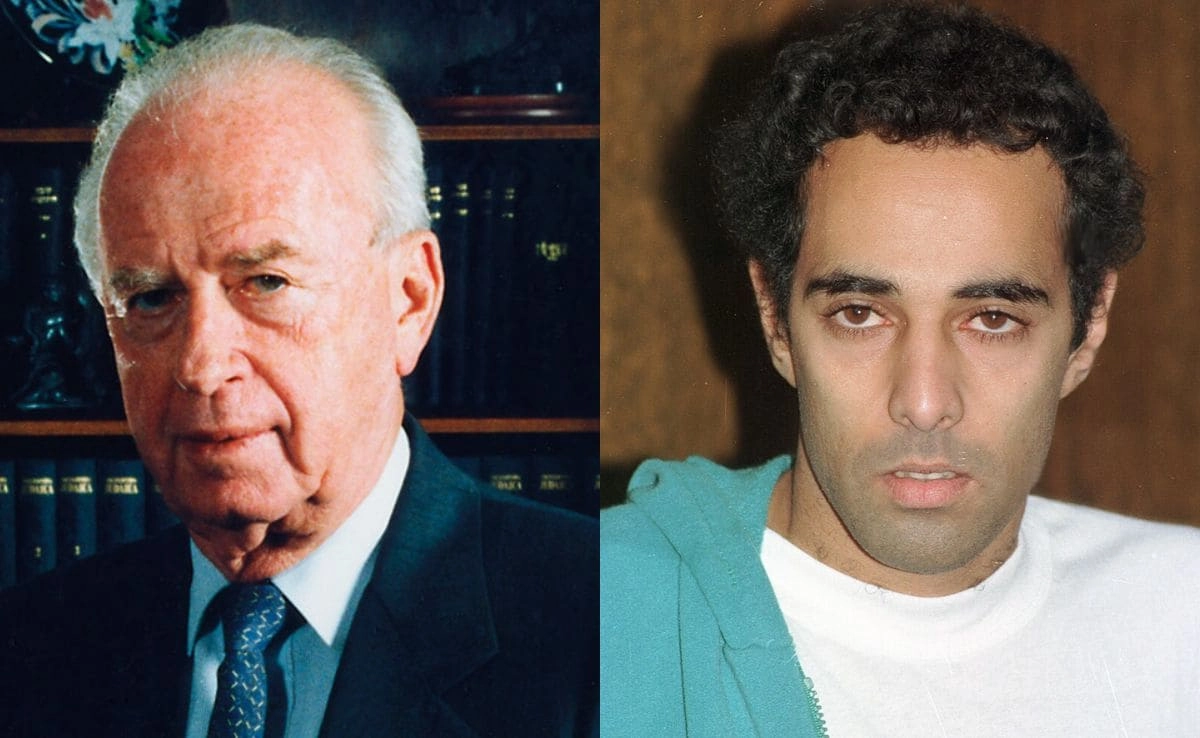Iran has recently carried out the execution of an individual accused of relaying classified information to Israel’s Mossad, marking a significant development in the ongoing tensions between Iran and Israel. The executed man, identified as an Iranian national, was found guilty of espionage and was sentenced to death after a trial that raised concerns about transparency and the rights of the accused. This incident highlights the broader geopolitical conflict in the region, where intelligence operations and counterintelligence efforts have escalated in recent years.
The Iranian government has been particularly vigilant in addressing perceived threats from foreign intelligence agencies, especially from Israel. In recent times, there have been numerous reports of Iranian nationals being arrested or prosecuted for alleged connections to foreign spies, especially regarding activities that could jeopardize national security. This execution serves as a stark warning to others who might consider collaborating with foreign entities, demonstrating Iran’s willingness to impose severe penalties for acts deemed treasonous.
Moreover, the execution has potential implications for Iran’s internal politics and its relationship with its citizens. The government often uses such high-profile cases to reinforce its narrative of defending the nation against external enemies, thereby rallying public support. However, it also raises questions about the fairness of the judicial process and the treatment of those accused of espionage. Critics argue that such actions can lead to a culture of fear and mistrust, where individuals may be reluctant to speak out against government policies or engage in dissent.
This event underscores the complex nature of espionage and counterespionage in the Middle East, where allegiances can shift rapidly, and national security concerns often overshadow individual rights. The Iranian regime’s decision to execute the accused may also exacerbate tensions with Israel, which has a history of conducting covert operations within Iranian territory. As both nations remain locked in a precarious standoff, the execution serves as a reminder of the lengths to which states will go to protect their interests in an increasingly volatile geopolitical landscape.




